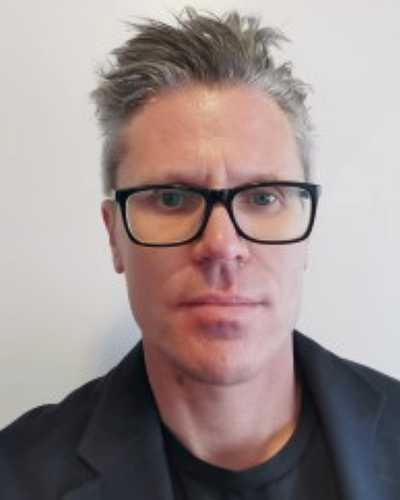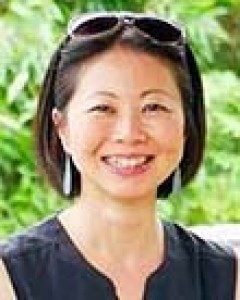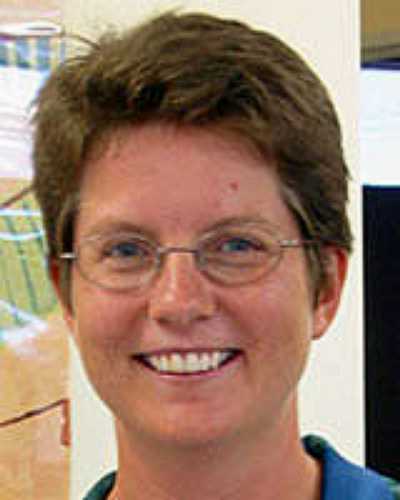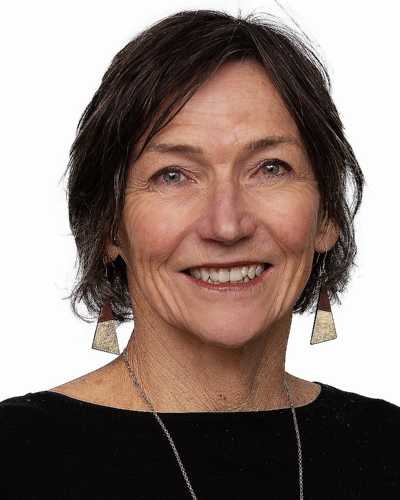early abstract:
Introduction: Despite universal health coverage and high life expectancy, Japan faces challenges in healthcare which include providing care for the world’s oldest population, increasing health care costs, physician maldistribution and an entrenched medical workforce and training system. Primary health care has typically been practiced by specialists in other fields and general medicine has only been certified as an accredited specialty since 2018. There are continued challenges to develop an awareness and acceptance of the primary health medical workforce in Japan.
The impact of these challenges is highest in rural and island areas of Japan, with nearly 50% of rural and remote populations considered ‘elderly’. Concurrently, these areas are also experiencing physician shortages as medical graduates gravitate to urban areas and choosing medical specialties more commonly practiced in cities. This study aimed to understand the views on the role of Rural Generalist Medicine (RGM) in contributing to solutions for rural and island health care in Japan.
Methods: This was a descriptive qualitative study. Data was collected via semi-structured interviews with 16 participants, including Rural Generalist Program Japan (RGPJ) registrars and supervisors, the RGPJ director, government officials, rural health experts and academics. Interviews were 35-50 minutes duration and conducted between May-July 2019. Some interviews were conducted in person at the WONCA Asia-Pacific Conference in Kyoto, some on-site in hospital settings and some were video-conferenced. Interviews were recorded and transcribed. All transcripts were analysed through an inductive thematic process based on the grouping of codes.
Results: From the interview analysis, six main themes were identified: 1) key issues facing rural and island health in Japan, 2) participant background, 3) local demography and population, 4) identity, perception and role of RGM, 5) RGPJ experience, and 6) suggested reforms and recommendations.
Discussion: The RGPJ was generally considered to be a positive step toward reshaping the medical workforce to address the geographic inequities in Japan. Whilst improvements to the program were suggested by participants, it was also generally agreed that a more systematic, national approach to RGM was needed in Japan. Key findings from this study are relevant to this goal. This includes considering the drivers to participating in the RGPJ for future recruitment strategies and the need for an idiosyncratic Japanese model of RGM, with agreed advanced skills and supervision models. Also important are the issues raised by participants on the need to improve community acceptance and branding of rural generalist doctors to support primary care in rural and island areas.
Conclusion: The RGPJ represents an effort to bolster the national rural medical workforce in Japan. Discussions from participants in this study indicate strong support to continue research, exploration, and expansion of a national RGM model that is contextualized for Japanese conditions and that is branded and promoted to build community support for the role of the rural generalist.






